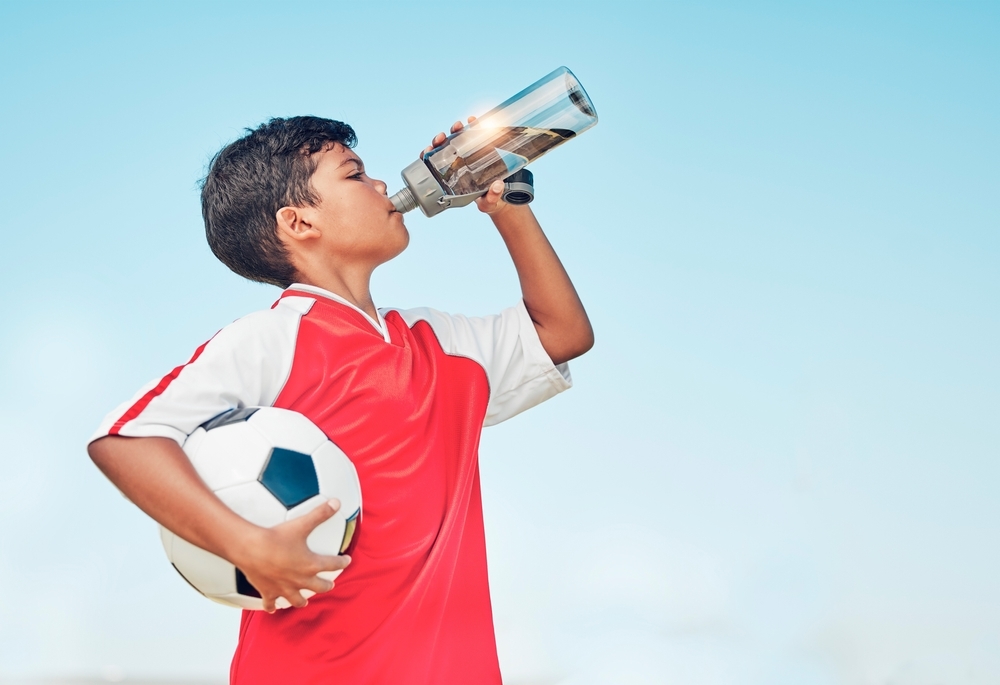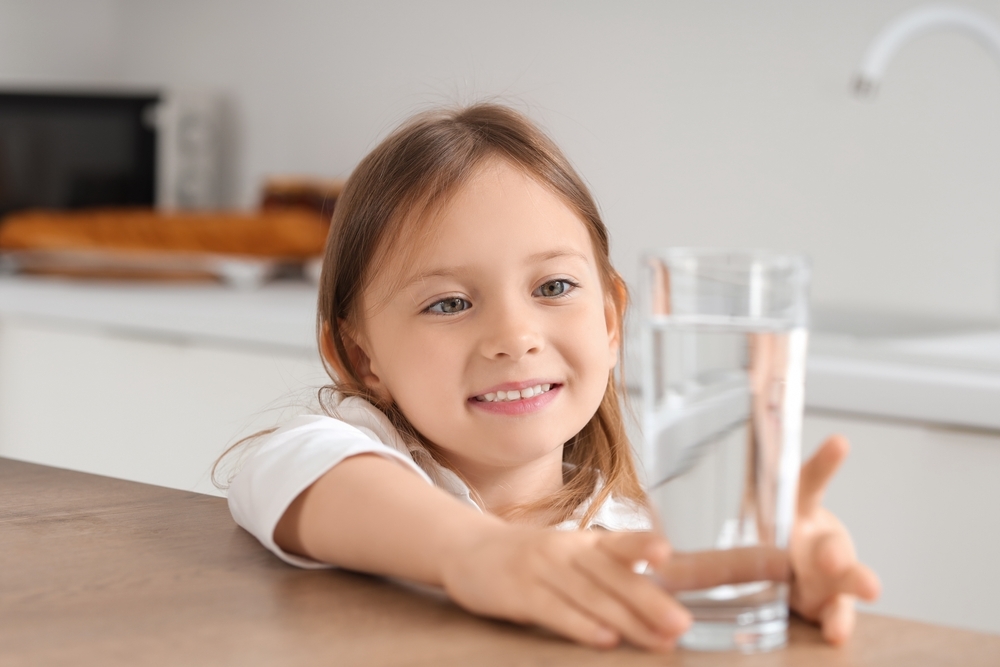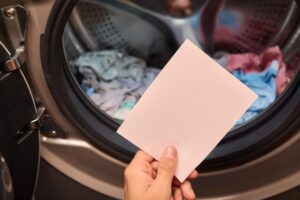The scorching heat of summer consistently poses significant health challenges, particularly for children. The use of electrolyte rehydration becomes a critical factor in ensuring the body functions optimally and preventing health risks associated with dehydration. So, what are the appropriate, safe, and truly effective rehydration drinks for the whole family, especially for kids, during these sweltering days? This article will provide you with in-depth knowledge and expert advice to confidently care for your loved ones this summer.
1. Introduction
Summer brings with it increased physical activity, vacations, and record-high temperatures. In this context, the need for rehydration drinks isn’t just about quenching thirst but is an essential part of health protection strategies. Unlike adults, children’s bodies have unique physiological characteristics that make them more susceptible to dehydration. Their higher body water percentage, relatively larger body surface area, and underdeveloped thermoregulation contribute to an increased risk of fluid loss if not adequately and correctly replenished.
Choosing electrolyte rehydration drinks for children requires particular caution. Not all beverages offer equivalent benefits, and some products can even be harmful if not used for their intended purpose. This article will delve into the importance of proper rehydration, introduce the best rehydration drinks for children, and provide crucial signs of dehydration to watch for. Our goal is to equip you with the necessary knowledge to make informed decisions, ensuring your family’s summer is always energetic and safe. We will explore 5 proven rehydration drinks that are both effective and safe for your little ones.
2. Why Hydration Matters in Summer
Hydration, or maintaining adequate fluid levels in the body, is extremely important for overall health, especially during the hot summer months. When environmental temperatures rise, our bodies automatically activate their natural cooling mechanism through sweating. Sweat is primarily water, but it also contains vital electrolytes such as sodium, potassium, chloride, and magnesium. The loss of a significant amount of these fluids and electrolytes, if not replenished promptly, can lead to dehydration, causing a range of health issues from mild to severe.
For children, the importance of maintaining hydration is even greater. Children often have higher levels of physical activity than adults, especially when playing outdoors. Coupled with that, their thermoregulation system is still developing, making their bodies less efficient at self-cooling. This means children can overheat and dehydrate more quickly. Dehydration can cause symptoms such as fatigue, headaches, dizziness, reduced concentration, and in more severe cases, can lead to heatstroke, heat exhaustion, or other dangerous complications. A study by the U.S. National Institutes of Health (NIH) emphasizes the importance of maintaining fluid balance to support optimal cellular and organ function, particularly in high-temperature conditions. Understanding this mechanism helps us realize that actively providing rehydration drinks is not just a good habit but an essential health protective measure in summer. Ensuring proper kids hydration prevents many summer ailments.
3. Best Rehydration Drinks for Children
When choosing rehydration drinks for children in hot weather, safety and effectiveness are top priorities. Not all beverages are suitable, and distinguishing between options is crucial. Here are 5 proven rehydration drinks that are commonly recommended:
- 1. Plain Water: This is always the primary and most basic choice. Pure water is the best way to rehydrate the body in most cases, especially when children are moderately active or in moderately warm conditions. Ensuring children have frequent access to clean water is paramount. For general daily use, water is the ideal rehydration drink.
- 2. Oral Rehydration Solutions (ORS): ORS products, like Pedialyte or Oresol, are the gold standard when a child has diarrhea, vomiting, or severe dehydration due to prolonged heat exposure and intense activity. They are formulated with a balanced ratio of sugar and salts to optimize the absorption of water and electrolytes into the body. The World Health Organization (WHO) recommends ORS as an effective and safe treatment for dehydration in children. These are crucial rehydration drinks for acute cases.
- 3. Fresh Coconut Water: Coconut water is an excellent natural source of electrolytes, containing potassium, sodium, magnesium, and calcium. It has a pleasant taste, helping children drink it more easily. However, it’s important to note that while a good rehydration drink, coconut water does not completely replace ORS in severe dehydration cases, as its sodium content is often lower than ORS.
- 4. Unsweetened Diluted Fruit Juice: 100% fruit juice can be high in sugar and may not provide enough electrolytes needed for comprehensive rehydration. However, diluting fresh fruit juice (e.g., orange juice, watermelon juice) with water at a 1:1 or 1:2 ratio can create a gentle and nutritious rehydration drink, providing additional vitamins and a bit of energy. Importantly, do not add sugar and prioritize naturally low-sugar fruits. This can be a palatable option among rehydration drinks.
- 5. Milk: Milk also provides fluids and some electrolytes. While not ideal for rapid rehydration in acute dehydration due to potential stomach upset in some children, it can contribute to overall fluid intake for children not severely dehydrated. It’s a source of both fluid and nutrients.
- Avoid Sugary and Caffeinated Drinks: Sodas, energy drinks, and caffeinated beverages are not recommended for rehydrating children. They can contain high amounts of sugar, cause diuresis (making the body lose water faster), and don’t provide sufficient electrolytes. According to recommendations from the American College of Sports Medicine, sports drinks should only be used for children participating in high-intensity sports activity lasting longer than 60 minutes, not as daily beverages. For more information on child nutrition, you can refer to our article on “Balanced Diet for Children” [Internal Link: Click here].
Understanding these options helps parents make informed decisions, ensuring their children are properly and safely rehydrated during the hot summer days. Choosing the right rehydration drinks is key to effective kids hydration.

4. Signs of Dehydration to Watch For
Early recognition of dehydration signs is extremely important to intervene promptly and prevent serious complications, especially in children. Young children may not be able to clearly express thirst or other discomforts, so parents need to actively observe. Knowing these signs is vital for ensuring effective hot weather care.
Common signs of dehydration in children can include:
- Intense Thirst: This is the clearest sign. However, note that young children may not express this feeling clearly.
- Urinating Less Than Usual or Dry Diapers for Longer Periods: For infants and toddlers, a dry diaper for several hours (usually 3 hours or more) is a worrying sign. For older children, urinating fewer than 4-6 times a day also requires attention.
- Dark-Colored Urine: Urine that is dark yellow instead of light yellow or clear indicates that the body is lacking water. This is a strong indicator for needing more rehydration drinks.
- Dry Mouth and Lips: A dry, less moist tongue and lips are easily recognizable signs.
- Lack of Tears When Crying: Young children crying without tears or with very few tears can be a sign of dehydration.
- Sunken Eyes, Sunken Fontanel (in infants): These are signs of more severe dehydration, requiring immediate medical attention.
- Reduced Skin Elasticity: When gently pinching the skin (usually on the abdomen or inner arm) and the skin does not return to its original state quickly, this is a sign of dehydration.
- Fatigue, Lethargy, Reduced Activity: Children may become listless, irritable, have low energy, or play less than usual.
- Dizziness, Headache: In older children, they may complain of dizziness or headaches.
- Rapid Heartbeat, Rapid Breathing: These are signs of severe dehydration and require urgent medical attention.
If you notice any of these signs, especially multiple signs at once, it’s crucial to act immediately. Begin by giving the child water or an oral rehydration solution (ORS) in small, frequent sips. If symptoms do not improve or worsen, seek immediate medical attention. Early intervention is key to preventing dehydration from progressing and causing more serious health problems. Understanding these symptoms is a core part of effective hot weather care for your kids.
5. Expert Advice on Usage and Dosage
Using electrolyte rehydration drinks appropriately and in the correct dosage is a key factor in ensuring effectiveness and safety, particularly for children. Medical experts recommend that rehydration should be done proactively and systematically, rather than waiting until clear signs of dehydration appear.
- Drink Water Regularly: Instead of waiting for the child to feel thirsty, encourage them to drink water regularly throughout the day, especially when they are active or in hot weather conditions. Place a water bottle near them to serve as a reminder and build a good habit. This promotes continuous kids hydration.
- ORS Dosage: For oral rehydration solutions (ORS), strictly adhering to the recommended dosage on the packaging or as prescribed by a doctor is extremely important. Incorrect mixing ratios (too concentrated or too diluted) can reduce effectiveness or even cause harm. For example, mixing too concentrated can increase electrolyte concentration, causing further dehydration; mixing too diluted will not provide enough necessary electrolytes.
- When to Use ORS: ORS is particularly useful when a child experiences vomiting, diarrhea, or significant dehydration due to prolonged, intense physical activity under direct sunlight. In cases of mild to moderate dehydration, administering small, frequent amounts of ORS is often more effective than providing a large quantity all at once. These specialized rehydration drinks are for specific needs.
- Avoid Forcing: Do not force the child to drink if they do not want to. Try alternative methods such as offering small sips, using a straw or spoon, or chilling the beverage to make it more appealing.
- Observe Child’s Response: Always monitor for signs of improvement or worsening dehydration after administering fluids. If the child continues to vomit, experience diarrhea, or if dehydration signs become more severe, seek immediate medical attention.
- Dietary Habits: Alongside fluid intake, consider supplementing the child’s diet with water-rich foods such as fruits (watermelon, cucumber, oranges) and vegetables. This helps replenish water and essential vitamins and minerals. For more general health tips, you might find our article on “Summer Health Tips for Families” [Internal Link: Click here] useful.
- Doctor’s Advice: In any instance of suspected severe dehydration, or if the child has underlying medical conditions, always consult a doctor or healthcare professional. They can provide personalized advice and the most appropriate treatment for each specific case. Proactively seeking and applying this guidance will help protect children’s health best during summer. Proper hot weather care means being prepared.
6. Final Thoughts
Maintaining adequate fluid levels in the body is an indispensable part of comprehensive health care, especially during the scorching summer months. For children, a demographic particularly vulnerable to dehydration, the correct selection and use of electrolyte rehydration drinks become even more critical. From plain water to specialized oral rehydration solutions, each option plays its role in ensuring children’s bodies are properly hydrated.
We have explored the importance of hydration in summer, identified the 5 proven rehydration drinks that are best for children, and understood crucial dehydration warning signs. The key lies in parental proactivity in providing sufficient fluids for their children, while also knowing how to recognize and promptly address situations of fluid loss. Don’t hesitate to consult a healthcare professional if you have any concerns about your child’s health. By applying this knowledge and advice, you will not only help your child enjoy an active summer but also build a strong foundation for their long-term health. Effective hot weather care starts with knowing how to keep your kids hydrated and healthy.




